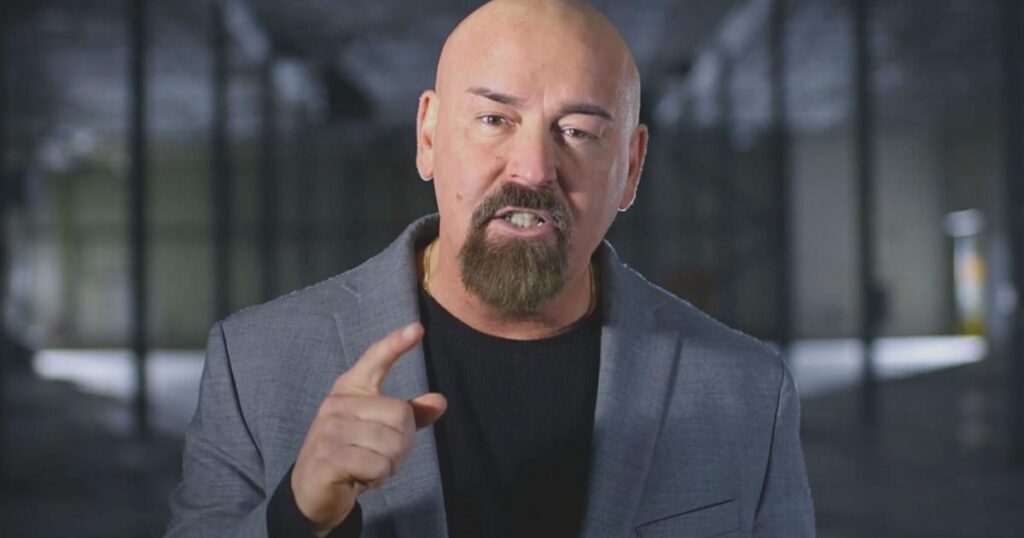John Deaton’s Senate campaign has focused on US Federal Reserve CBDCs, regulatory transparency, and government accountability.

John Deaton, a key figure in the cryptocurrency world, has clarified his stance as he runs for the U.S. Senate seat in Massachusetts.
In an interview with Generation Infinity, Deaton voiced his opposition to a central bank digital currency (CBDC) issued by the U.S. Federal Reserve and outlined his focus on regulatory transparency and government accountability.
“If there’s a CBDC that’s used by the government to reduce friction […] with the banking system or something like that, that’s one thing. But a consumer-issued CBDC by the Federal Reserve? No, that’s a hill I’m willing to die on to oppose,” Deaton declared.
Opposition to a Federal CBDC
During the interview, Deaton expressed concern that a federal CBDC could replace cash and give the government the power to track and even limit how people use their money.
He also pointed out Senator Elizabeth Warren’s support for such a CBDC, suggesting it could restrict the use of crypto assets like Bitcoin:
“Senator Warren introduced her bill, that’s a de facto ban on Bitcoin and self-custody of crypto in the United States […] She proposed a Federal Reserve-issued CBDC that really could replace cash.”
Accountability Concerns
Deaton also addressed government accountability and fiscal responsibility issues, advocating for term limits for senators and representatives.
He argued that long-term incumbency stifles innovation and accountability in Washington, D.C., and criticized the revolving door between government and the private sector:
“You shouldn’t be allowed to be the SEC chairman on Friday, and on Monday, you’re Apollo Group’s adviser […] there should be a three to five statutory gap from being a regulator and then going into a job in that industry.”
Deaton Calls for Regulatory Clarity
In addition to opposing a federal CBDC, Deaton emphasized the need for clear regulations within the cryptocurrency industry, especially concerning the U.S. Securities and Exchange Commission (SEC).
He reflected on his representation of XRP holders in their legal battle with the SEC:
“When I took on the SEC, on behalf of XRP holders, what I said from the very first writ of mandamus was just say that XRP itself isn’t a security. That’s all you’ve got to do, which is follow the law of 75 years.”
Deaton argued that the lack of regulatory clarity has driven some innovators and companies away from the U.S. market, with some entrepreneurs choosing to “exclude the US market” over the past five years.
